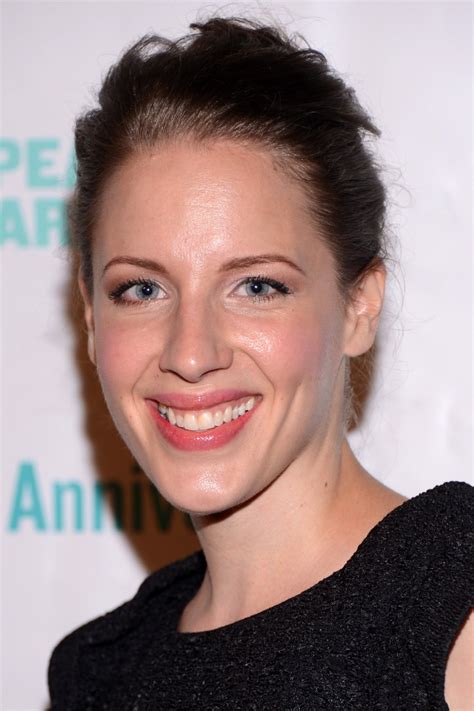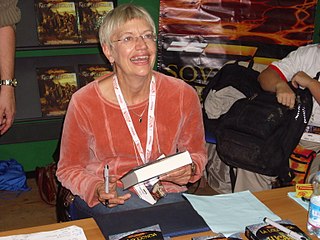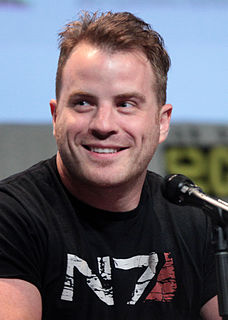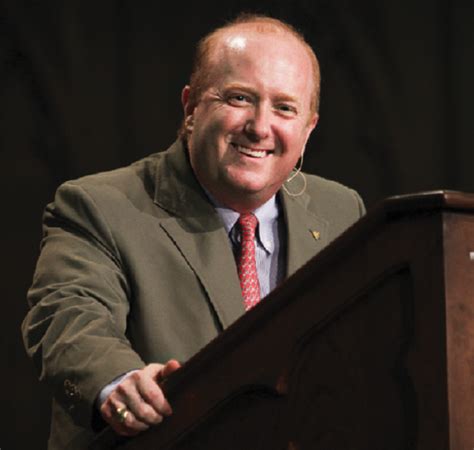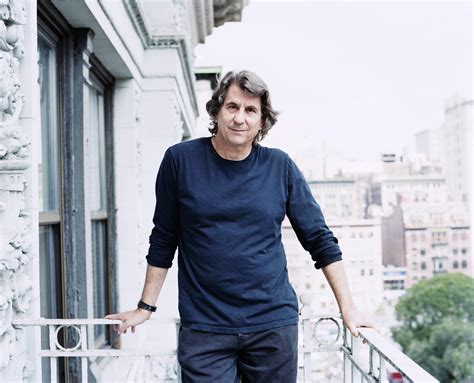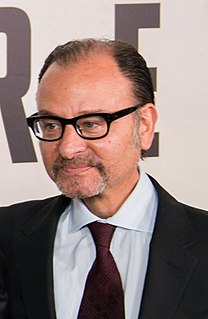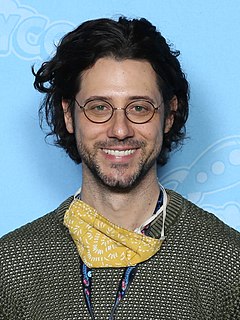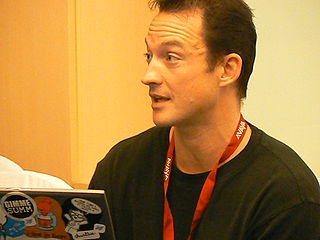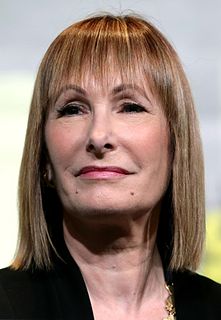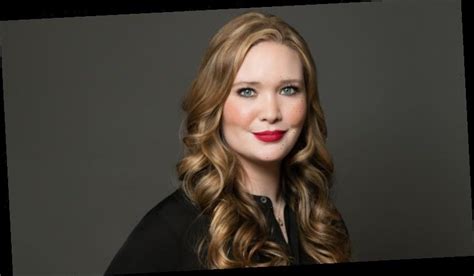Top 1200 Fantasy Worlds Quotes & Sayings
Explore popular Fantasy Worlds quotes.
Last updated on December 5, 2024.
It is easy to imagine fantasy as physical and myth as real. We do it almost every moment. We do this as we dream, as we think, and as we cope with the world about us. But these worlds of fantasy that we form into the solid things around us are the source of our discontent. They inspire our search to find ourselves.
I've always really loved big worlds and the kind of worldbuilding where you can open a portal into a new realm that feels full and complete. At the same time, I also really love history. So the combination of big worlds and history draws me directly into fantasy. Well, it should turn me towards historical fiction but I'm such a perfectionist about research that I'm not sure I could ever write a book in that genre properly. In fantasy, you have to have the same level of precision, but it's not as research-based. Plus, I get to write my little info sheets and draw my maps.
I've always written towards movies that take place across two worlds. Most of the movies that I've worked on take place in two worlds, or sometimes three worlds, where you have a normal world and a fantasy world that mix and overlap. I never shy away from the series stuff in the real world. Big Fish is about mortality.
There are only two worlds - your world, which is the real world, and other worlds, the fantasy. Worlds like this are worlds of the human imagination: their reality, or lack of reality, is not important. What is important is that they are there. these worlds provide an alternative. Provide an escape. Provide a threat. Provide a dream, and power; provide refuge, and pain. They give your world meaning. They do not exist; and thus they are all that matters.
I really wish that peoplewould just say, 'Yes, it's a comic. Yes, this is fantasy. Yes, this is Science Fiction,' and defend the genre instead of saying, 'Horror is a bit passe so this is Dark Fantasy,' and that' s playing someone else's game. So that's why I say I'm a fantasy writer and to hell with 'It doesn't read like what I think of as a fantasy'. In that case what you think of as a fantasy is not a fantasy. Or there is more to it than you think.
If you are going to write, say, fantasy - stop reading fantasy. You've already read too much. Read other things; read westerns, read history, read anything that seems interesting, because if you only read fantasy and then you start to write fantasy, all you're going to do is recycle the same old stuff and move it around a bit.
In fantasy stories we learn to understand the differences of others, we learn compassion for those things we cannot fathom, we learn the importance of keeping our sense of wonder. The strange worlds that exist in the pages of fantastic literature teach us a tolerance of other people and places and engender an openness toward new experience. Fantasy puts the world into perspective in a way that 'realistic' literature rarely does. It is not so much an escape from the here-and-now as an expansion of each reader's horizons.
I have found that the person with a sense of story built in from childhood is in better shape than one who has not had stories . . One knows what stories can do, how they can make up worlds and transpose existence into these worlds. . . .One learns that worlds are made by words and not only by hammers and wires.
What writers of fantasy, science fiction, and much historical fiction do for a living is different from what writers of so-called literary or other kinds of fiction do. The name of the game in F/SF/HF is creating fictional worlds and then telling particular stories set in those worlds. If you're doing it right, then the reader, coming to the end of the story, will say, "Hey, wait a minute, there are so many other stories that could be told in this universe!" And that's how we get the sprawling, coherent fictional universes that fandom is all about.
While the whole 'God Butcher Saga' had elements of fantasy, sci-fi and horror all mixed together, 'The Accursed' is very much high-fantasy. Right out of the gate, we've got elves, talk of fantastic worlds, strange creatures, Malekith riding a flying tiger, as well as more dwarves, giants, trolls and elves than you can possibly count.

